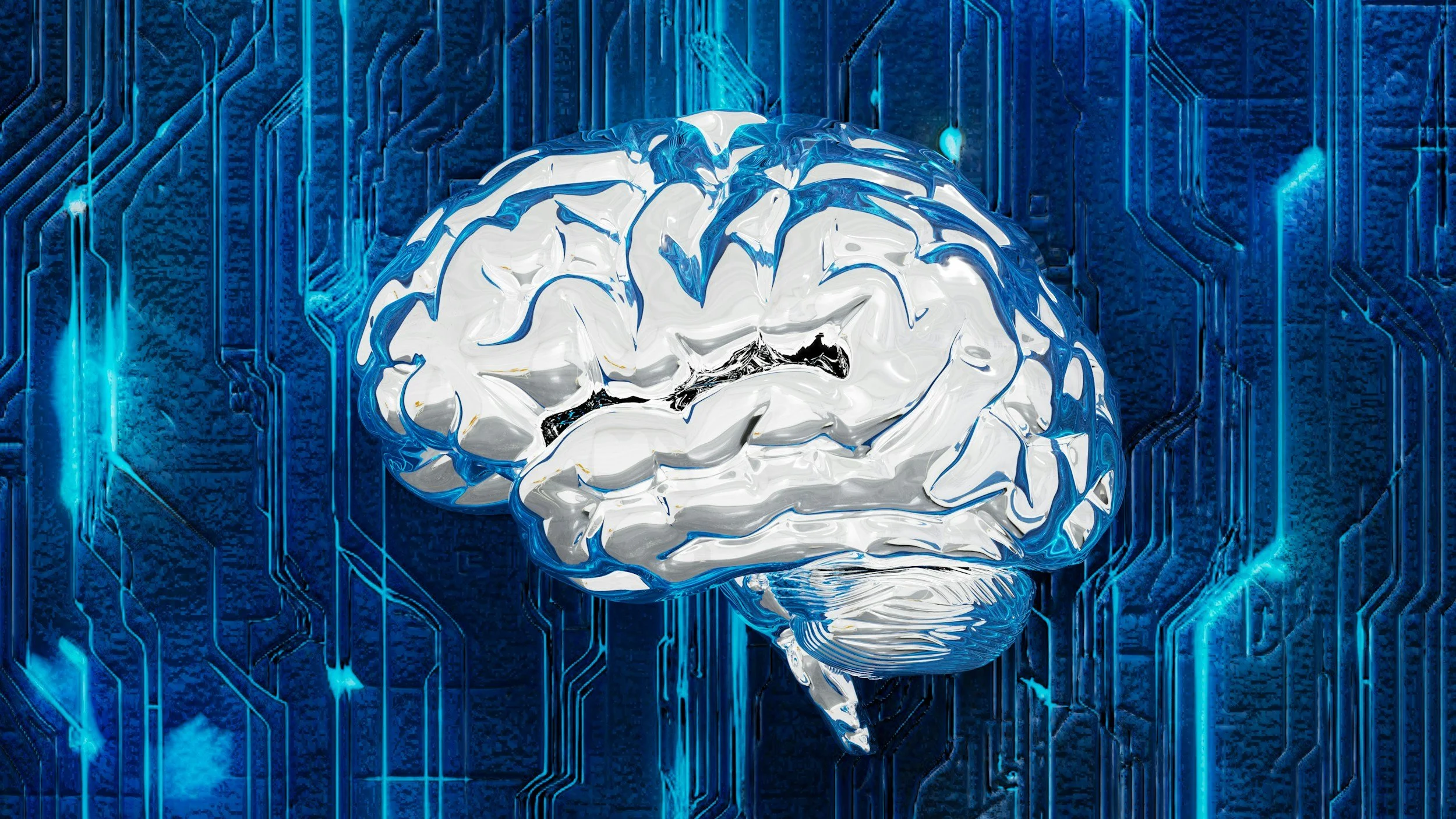Dementia
I am most often asked to conduct capacity assessments on people living with dementia, which affects cognitive functioning. This includes, but is not limited to, memory (particularly short term), concentration, thought processes and judgement. The prevalence of dementia is increasing as it is a condition affecting mostly older people, and we are living longer.
Dementia is an umbrella term for a group of degenerative conditions of the brain. Each of these conditions is labelled as a type of dementia. Alzheimer’s is the most common followed by vascular dementia and then Lewy body dementia which is associated with Parkinson’s disease. Frontotemporal dementia is less common and usually starts in those under 65.
Alzheimer’s is caused by a build up of proteins - amyloid and tau - in the brain which causes the dysfunction and destruction of brain cells. Amyloid plaques form outside the cells whilst tau forms tangles within brain cells. As brain cells die, the brain shrinks. Although Alzheimer’s is a condition of older people, a small percentage with the condition are under 65. The deterioration of cognitive function in Alzheimer’s takes place gradually.
Vascular dementia is caused by reduced blood flow / blockages of blood vessels to different parts of the brain. It is associated with stroke and any condition affecting blood vessels such as hypertension, diabetes, high cholesterol and smoking. Unlike Alzheimer’s, vascular dementia deteriorates in a step-wise manner.
Lewy Body dementia is also due to a build up of abnormal proteins - Lewy bodies - in the brain. Its hallmark signs are the presence of visual hallucinations, fluctuating alertness and the movement disorders associated with Parkinson’s.
In frontotemporal dementia - the condition that Bruce Willis has been diagnosed with - the frontal and temporal lobes of the brain shrink which can cause changes in personality, behaviour and language.
Other causes of dementia include alcohol misuse, Huntington’s disease, late stage syphilis, normal pressure hydrocephalus and Creutzfeldt - Jacob disease.
All types of dementia can cause a person to lose mental capacity. In the early stages a person may be capacitous for all decisions. As has already been mentioned, an individual may have capacity for one decision but not others, and capacity can fluctuate at different times, with ‘sundowning’ often being a feature of dementia, meaning that people with dementia become more confused in the late afternoons and evenings. Thus, mental capacity assessments should not be undertaken later in the day.

